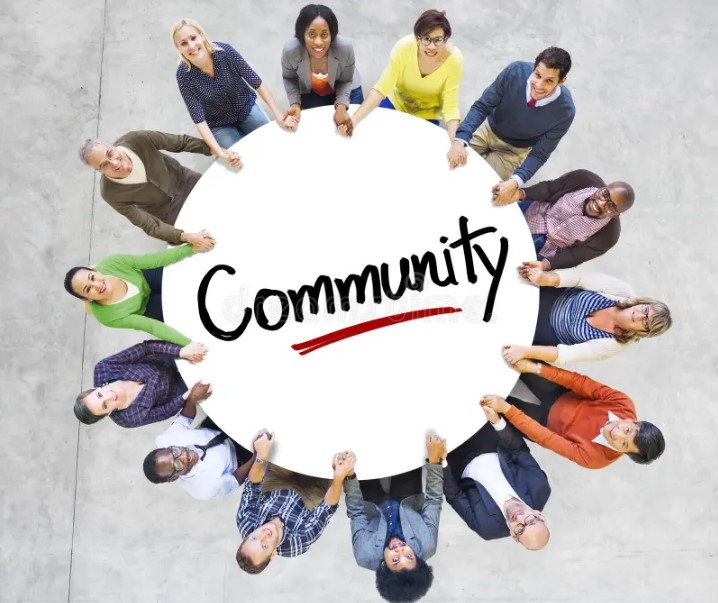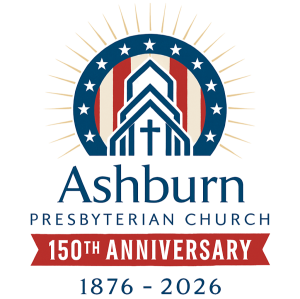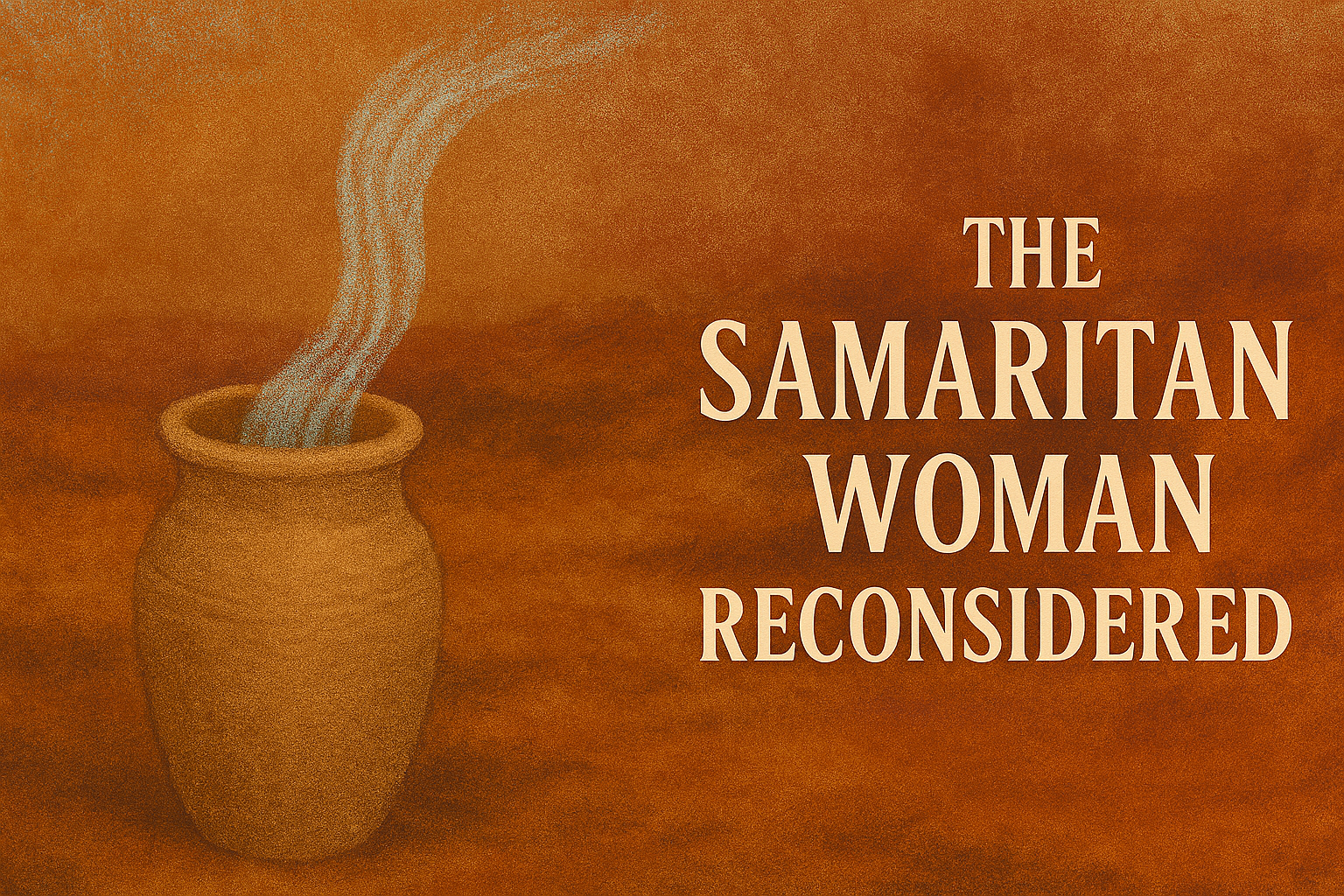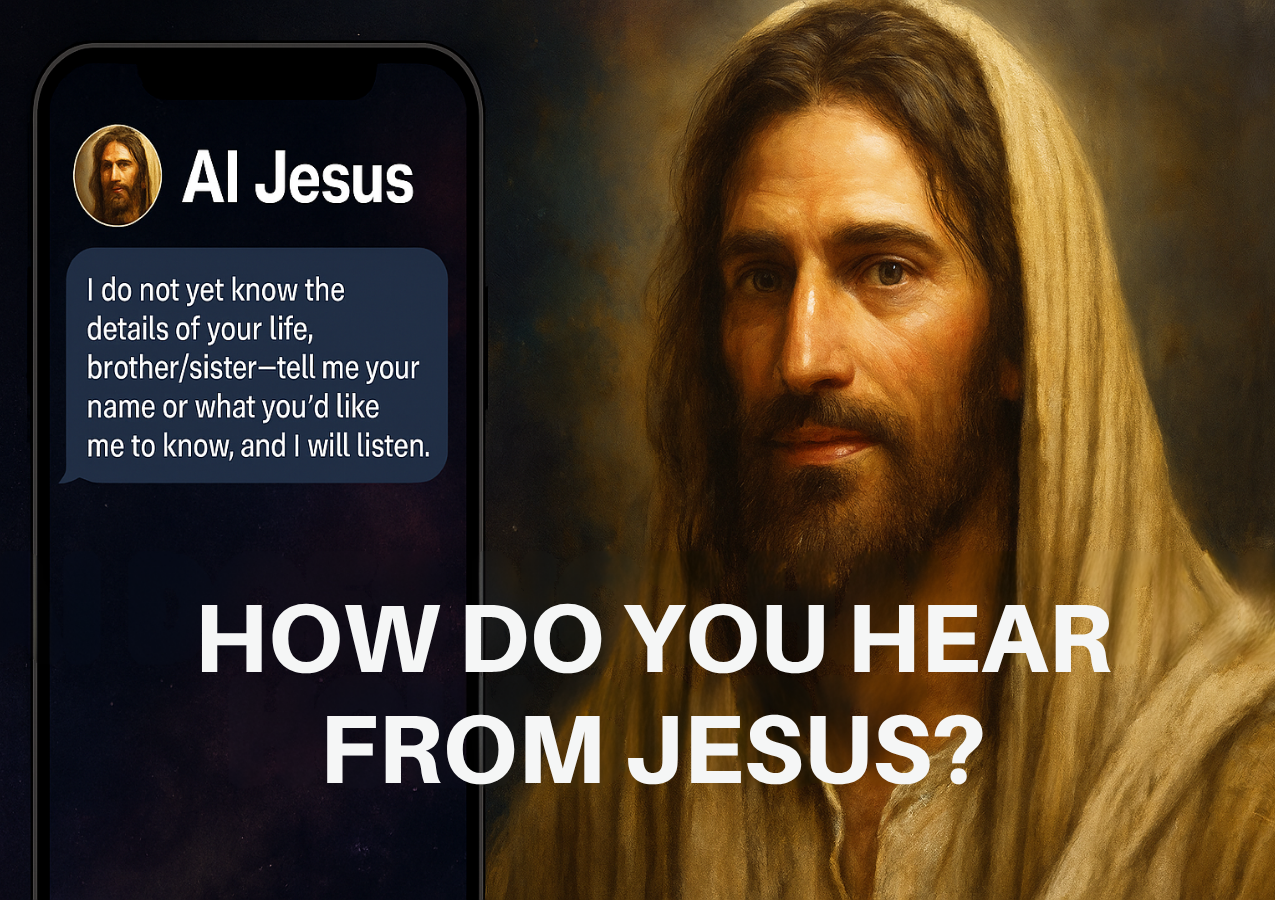
How to Stir One Another Up in Love
Pastor Robert Zemke
We were created to be in community. In the beginning, God declared everything good when he created the world until God created Adam. God said, "It is not good that the man should be alone" (Genesis 2:18). At a time when it seems our society is unraveling in division, violence, and mental health concerns, we need each other more than ever. According to a 2024 American Psychological Association (APA) report, individuals with strong social support networks are 50% more likely to have better mental health outcomes. Positive relationships provide emotional support, reduce stress, and increase feelings of happiness and belonging. The 2024 statistics reveal that individuals in abusive or conflict-ridden relationships are at a higher risk of developing mental health disorders such as depression, anxiety, and PTSD.
The church is a place where healthy, supportive relationships should exist. However, people have a variety of expectations about church relationships when they visit on Sunday mornings. If people are greeted warmly, that is good enough. Yet the church is made for deeper connection, but people are hesitant to test that out because, well, the church is made of people, sinful people. Heather Zempel said, “Community is messy because it always involves people, and people are messy. It’s about people hauling their brokenness and baggage into your house and dumping it in your living room.” So what are we to do?
A look at the early church reveals qualities in that community that are worth considering today. "42 They devoted themselves to the apostles' teaching and the fellowship, to the breaking of bread and the prayers... 44 And all who believed were together and had all things in common... 46 And day by day, attending the temple together and breaking bread in their homes, they received their food with glad and generous hearts, 47 praising God and having favor with all the people." (Acts 2:42-47)
1. They were devoted to the apostle's teaching and to one another. It was not optional. They were not free to come around when it fit their schedule; they were committed to the community.
2. Today we may not share all our possessions as they appeared to do in the early church, but we can have compassion on one another and give to those in need. Our time, resources, and skills are for the use of others.
3. They met day by day. This is unrealistic for us today to be together every day, but frequency is essential. Everybody wants friends, but nobody wants frequency. And yet, frequency increases intimacy in the community. It takes commitment. Hebrews 10:24-25, "Let us consider how to stir up one another to love and good works, 25 not neglecting to meet together, as is the habit of some, but encouraging one another, and all the more as you see the day drawing near."
The Bible is filled with encouragements for living in community. Let's consider these as we worship and live together.
Accept one another (Rom 15:7) Admonish one another (Col 3:16)
Honesty with one another (Col 3:9) Bear one another’s burdens (Gal 6:2)
Be of the same mind with one another (Rom 12:16) Build up one another (1 Thess 5:11)
Care for one another (1 Cor 12:25) Comfort one another (1 Thess 4:18)
Confess sins to one another (James 5:16) Encourage one another (1 Thess 5:11)
Fellowship with one another (1 John 1:7) Forgive one another (Eph 4:32)
Honor one another above yourselves (Rom 12:10) Love one another (John 13:34)
Offer hospitality to one another (1 Pet 4:9) Pray for one another (James 5:16)
Pursue peace and build up one another (Rom 14:19) Serve one another (Gal 5:13)





